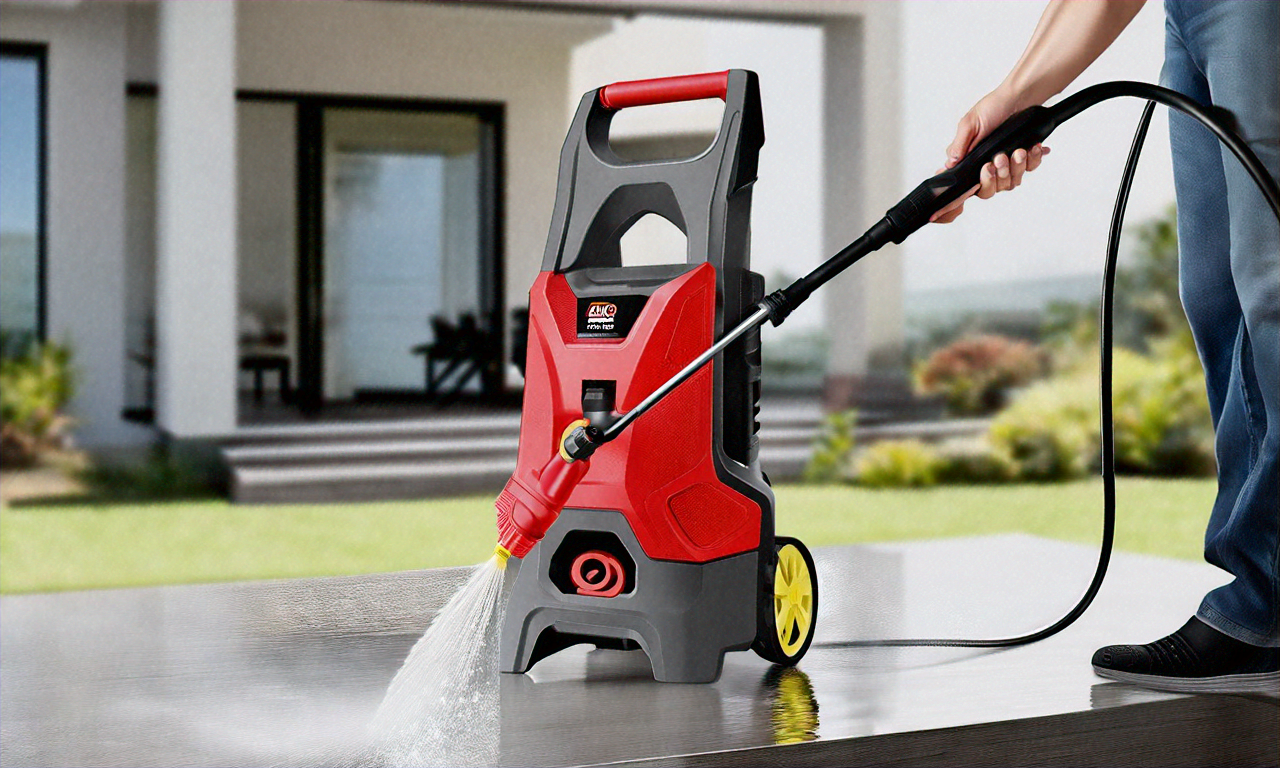Resin Outdoor Flooring: The Ultimate Guide for UK Homes
Resin outdoor flooring has gained popularity in the United Kingdom as a durable and attractive option for gardens, patios, and driveways. This versatile material offers a range of benefits, from its low-maintenance nature to its ability to withstand the unpredictable British weather. In this comprehensive guide, we'll explore the key aspects of resin outdoor flooring, helping UK homeowners make informed decisions about this innovative surfacing solution.

What Makes Resin Outdoor Flooring Perfect for UK Homes and Gardens?
Resin outdoor flooring is particularly well-suited to the UK climate and lifestyle for several reasons. Firstly, it’s highly water-resistant, which is crucial in a country known for its frequent rainfall. The seamless nature of resin flooring prevents water from penetrating the surface, reducing the risk of damage and extending the lifespan of the installation.
Additionally, resin flooring offers excellent slip resistance, making it a safer option for outdoor spaces that can become slippery when wet. This feature is especially valuable for families with children or elderly residents. The material is also UV-stable, meaning it won’t fade or discolour under the sun’s rays, maintaining its appearance even during the occasional British heatwave.
Another advantage of resin flooring for UK homes is its versatility in design. It comes in a wide range of colours and can be customised to complement various architectural styles, from traditional cottages to modern urban dwellings. The smooth, seamless finish of resin flooring also creates a sleek, contemporary look that can enhance the overall aesthetic of any outdoor space.
How to Choose the Right Resin Type for British Weather
When selecting resin flooring for outdoor use in the UK, it’s crucial to consider the specific type of resin that will best withstand British weather conditions. There are two main types of resin commonly used for outdoor flooring: epoxy and polyurethane.
Epoxy resin is known for its strength and durability. It’s highly resistant to chemicals and abrasion, making it an excellent choice for areas that may be exposed to harsh cleaning products or heavy foot traffic. However, epoxy can be slightly less flexible than polyurethane, which may be a consideration in areas prone to ground movement or extreme temperature fluctuations.
Polyurethane resin, on the other hand, offers superior flexibility and UV resistance. This makes it particularly suitable for outdoor applications in the UK, where temperatures can vary significantly throughout the year. Polyurethane is also more resistant to yellowing over time, helping to maintain the flooring’s original colour and appearance.
For the best performance in British weather, many flooring professionals recommend a hybrid system that combines the strength of epoxy with the flexibility and UV resistance of polyurethane. This approach provides a robust solution that can withstand the diverse weather conditions experienced in the UK.
Installation and Maintenance Tips for Long-Lasting Resin Surfaces
Proper installation and maintenance are key to ensuring the longevity and performance of resin outdoor flooring in UK homes. The installation process typically involves preparing the existing surface, applying a primer, and then laying the resin mixture. It’s crucial to work with experienced professionals who understand the nuances of installing resin flooring in the UK climate.
The installation should be carried out in dry conditions, with ambient temperatures between 10°C and 30°C. This can be challenging in the UK, so planning the installation during the milder months of spring or early autumn is often advisable. Adequate curing time must be allowed before the surface is used, which can vary depending on temperature and humidity levels.
Maintenance of resin outdoor flooring is relatively straightforward, contributing to its popularity among UK homeowners. Regular sweeping to remove debris and occasional washing with a mild detergent solution are usually sufficient to keep the surface in good condition. For tougher stains, a pressure washer can be used, but care should be taken not to damage the surface with excessive force.
It’s important to address any cracks or chips promptly to prevent water ingress, which could lead to more significant damage, especially during freeze-thaw cycles common in British winters. Annual inspections are recommended to identify and address any issues early on.
Cost Considerations for Resin Outdoor Flooring in the UK
When considering resin outdoor flooring for UK homes, it’s important to understand the associated costs. The price of resin flooring can vary significantly based on factors such as the type of resin used, the size of the area, and the complexity of the installation.
| Resin Type | Average Cost per m² | Typical Project Size | Estimated Total Cost |
|---|---|---|---|
| Epoxy | £60 - £85 | 30 m² | £1,800 - £2,550 |
| Polyurethane | £70 - £100 | 30 m² | £2,100 - £3,000 |
| Hybrid System | £80 - £120 | 30 m² | £2,400 - £3,600 |
Prices, rates, or cost estimates mentioned in this article are based on the latest available information but may change over time. Independent research is advised before making financial decisions.
While the initial cost of resin flooring may be higher than some traditional outdoor flooring options, many UK homeowners find that the long-term durability and low maintenance requirements offer good value for money. It’s also worth considering that a well-installed resin floor can increase property value and curb appeal, potentially providing a return on investment if the property is sold in the future.
When budgeting for resin outdoor flooring, it’s advisable to obtain quotes from multiple reputable installers. Be sure to inquire about the specific type of resin being used, the warranty offered, and any additional costs for surface preparation or special design features.
In conclusion, resin outdoor flooring presents a compelling option for UK homeowners looking to enhance their outdoor spaces. Its ability to withstand British weather, coupled with its aesthetic versatility and low maintenance requirements, makes it a practical and attractive choice. By carefully considering the type of resin, installation process, and ongoing maintenance, homeowners can enjoy a durable and visually appealing outdoor surface for years to come.




